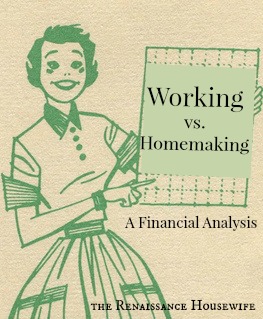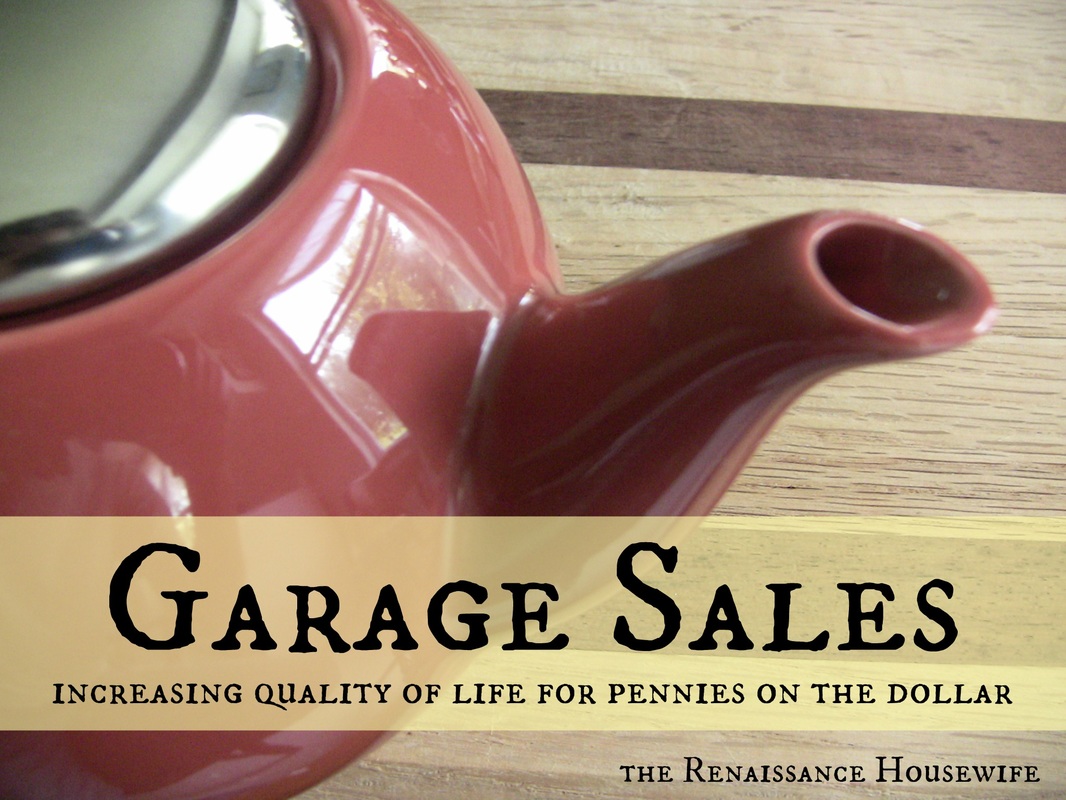Back before Christmas, some of my sisters-in-law were talking about marriage counseling and/or events, and one of them mentioned a retreat happening on Ohio. We thought it would be fun for several of us couples to go together. Hubs and I have always wanted to do some type of marriage event, but it has never worked out. So I was like, "Yeah, sure, send me the info and I'll sign us up."
The event was called "Two Hearts; One Flame" and held by the ministry Haven of Hope. It was at a large Mennonite church, and led by a Mennonite couple—marriage counselors who are booked out several years! While some marriage retreats are basically a romantically-themed vacation, this one is more like a workshop with some fun elements and very good food. It's designed to be like counseling, but self-directed and on a large scale. There were 10-14 tables set up with three couples per table, plus a bunch of staff at the back of the room. The most surprising thing to me was the amount of gray heads I saw. Probably two-thirds of the couples attending were in their upper 40's or older, many of them grandparents.
We sat with one younger couple, married for about a year and a half, and on the other side an older couple, "Tom" and "Tessa" who had been married for 25 years. Tom was slim, probably in his 50's, dressed in a crisp plaid shirt tucked into jeans. His wife Tessa, also in her early 50's, was wearing a nice sweater, skirt and neat black doily on the back of her head. Each evening, one couple at the table had to answer four prompts; a good childhood memory, a bad childhood memory, the best part of their marriage and the biggest struggle in their marriage. The prompts gave you a good idea of each person's "story". Hubs and I were shocked when we heard Tom's story. He had let Tessa "run the show" for the first 20 years of their marriage, while he snuck around engaging in what our workbooks politely called 'moral failure'.
"On the outside I was sitting down," he explained, "but on the inside I was standing up." He went on about his involvement in the worst kind of marital sins. It culminated in his having to spend three months in jail.
"Was that the low point in your marriage?" Hubs asked.
"No," he said. "Jail was actually not the worst part." He went on to explain that while he was in jail, he was served with a lawsuit that had to do with a texting relationship with a woman that he'd cut off five years prior, but never told Tessa about. The lawsuit could've caused him to lose their family farm. "That was definitely the worst part," he finished. After he got our of jail, he finally confessed everything to Tessa, they got help, and slowly began to rebuild their marriage.
"I really wish we could have started our marriage three or four years ago, and erased the first 20 years," Tessa said. "I mean, not erasing the time we spent raising our daughters, but I just wish we could start our relationship at the point we're at now."
That whole ordeal was something I wouldn't have guessed from looking at Tom and Tessa, but as the event went on I realized that this story (plus or minus jail and lawsuits) was not uncommon.
What's a "Spin Cycle"?
I mentioned previously that this retreat was more like a workshop than a vacation. I love marriage books, and they are awesome and helpful, but you can't master something by just reading about it. I greatly appreciated the personalized approach that the conference took. The main task of this workshop was to choose a "spin cycle" (an offense that turned into an argument and spun out of control) in your own marriage and break down how and why it happened. While slowly dissecting our own spin cycles, we listened to many, many spin cycles featuring real couples... and we could ALL relate.
Below is an example of someone else's spin cycle we looked at:
When she presented her research, he became irritated because he felt like he would have to do "the research" all by himself, and also renovate the laundry room thanks to Pinterest. On top of that, he was trying to figure out how to pay for it (something he failed to mention to her). In the meantime, the laundry was taking four hours when it should have taken two hours, and she was having to do a lot of extra work because of the broken washer and dryer.
The speaker then called on the audience to help fill out Box 3 on her chart. In our workbooks, we looked at a chart of thoughts and asked her which ones she was thinking at the time.
Audience member: "Did you think you were not loved?"
Molly: "Yes."
Audience: "Did you think you were inadequate?"
Molly: "No."
This went on for a few more questions as we tried to pinpoint some of her thoughts. Then someone asked,
"Did you think 'he gets everything and I get nothing'?"
Poor Molly broke down. She didn't answer but only nodded, tears streaming down her face. Even though the fight had supposedly ended months ago, that thought was still alive and well in her mind, and I'm not sure even she knew it before it was said out loud.
What's the Big Deal?
So, what's the big deal about a spin cycle? As several of the speakers pointed out, often one spouse's reaction to pain is the other spouse's trigger, and the cycle goes on indefinitely. The key to stopping the cycle is not necessarily to stop the feelings. It is to stop the negative thoughts or lies (Box 3) and the sinful reaction to pain.
The retreat taught me some about my husband and his responses and triggers, but it also taught me a lot about myself. By identifying "childhood traumas", you can see patterns of response/reaction in your life that lead to poor choices and hurt other people. Some people like to wallow in their traumas and blame all of their problems on their childhood, but the speakers here made it clear that everyone has "traumas" in one form or another. It's not the trauma that creates a problem, but your reaction to the trauma that creates a problem.
If you can identify that trauma, it's easier to identify patterns of reaction in your life. One of my traumas was going to school. We can all agree that going to school is not abuse or neglect in an objective sense of the word, but for me it felt like neglect. I hated riding the bus every morning. I didn't know the bus driver, didn't know any of the kids. I always tried to find the perfect spot: an empty seat was the best, because then I wouldn't have to talk to someone I didn't know. After that I tried to get a middle seat, because the kids in the back were naughty (and I didn't want to get yelled at by the cranky bus driver), and if you sat in front, there was just a bigger chance that another kid would sit by you or that you'd have to talk to that bus driver.
Years later, hearing school bus brakes, smelling the exhaust and feeling dust swirl up around my face makes me nervous. It's not something I can control; it's just a feeling, like if you step on a nail and it hurts. Other things I worried about when I was five: only being able to eat at lunchtime, kids making fun of my lunch, having to ask to go to the bathroom, wondering if someone would knock on the door while I was in there, giving a wrong answer to a question, being reprimanded, who to hang out with at recess. The bus ride home was far better, because the worst part of my day was over and when I got off the bus I could jump away my stress on the trampoline. I loved learning and was a really good student. But I hated school. Rather than learning, I spent most of my time trying to navigate the social scene, stay under the radar of the teachers and not be one of the "bad kids".
As you can imagine given my "trauma", it caused problems early on in our marriage when my wonderful husband would dump me in an unfamiliar group of his friends/family and leave me to socialize by myself. I learned to associate certain places with being dumped, and then we'd argue whether or not to go to those places.
Hope for Every Marriage—Even the Worst Ones
Everyone has these kinds of arguments based on feelings. What I loved about this marriage retreat/workshop is that they did a great job of making both spouses equal. Sometimes in a marriage there is a "squeaky wheel"—the louder of the two who has all of the problems, and you assume that the quiet spouse is completely innocent. Other times, the squeaky wheel is the innocent party being hurt by the quiet one's "moral failure". Regardless, the quiet spouse is often viewed as having fewer or no feelings or opinion, which is simply not the case.
As we worked through many spin cycles, it became evident that each spouse has an equal amount of feelings, regardless of how loud, quiet, bad or good they act. When you recognize what your own feelings are, you can redirect them into conversations with Jesus, rather than arguments or destructive behavior toward your spouse. Furthermore, when you realize what your spouse's triggers and pain points are, you can help heal those by accepting, understanding, and caring about (not fixing!) their feelings. You can resolve any past pain that you caused, and help point them to Jesus for healing. You can also help heal by using healing words and statements, rather than words that are hurtful to your spouse.
One thing I took away from the conference was that there is hope for every marriage, regardless of your age, stage, personality, childhood traumas or sins that have been committed. The tools we were given at the retreat (resolving spin cycles, etc.) were certainly helpful, but more valuable than that was the truth that there is hope for a marriage no matter how bad it gets.
Just in the past few years, Hubs and I have watched a few of our friends' marriages struggle or end in divorce. It is so painful, even when you're not part of the situation. Most of the divorce announcements seem to come out of nowhere, and by the time you realize something is wrong it is too late to help. I thought I would share my experience with this ministry just in case you or someone you know is struggling in a marriage where you think there is no hope, or even if you're not quite satisfied with your marriage, or worried about where it's headed.
It looks like Haven of Hope will be doing another event in Ohio, in November of this year. There is a suggested donation of $300.00 per couple. I felt like the money was well worth it for us, even though we weren't facing any glaring issues in our marriage. They also offer counselling, which is free, but slots fill up very fast. As I mentioned, one of the couples is booked out already for several years.
That's all for this week! I look forward to doing a more eclectic assortment next week.
Blessings,
Bethany
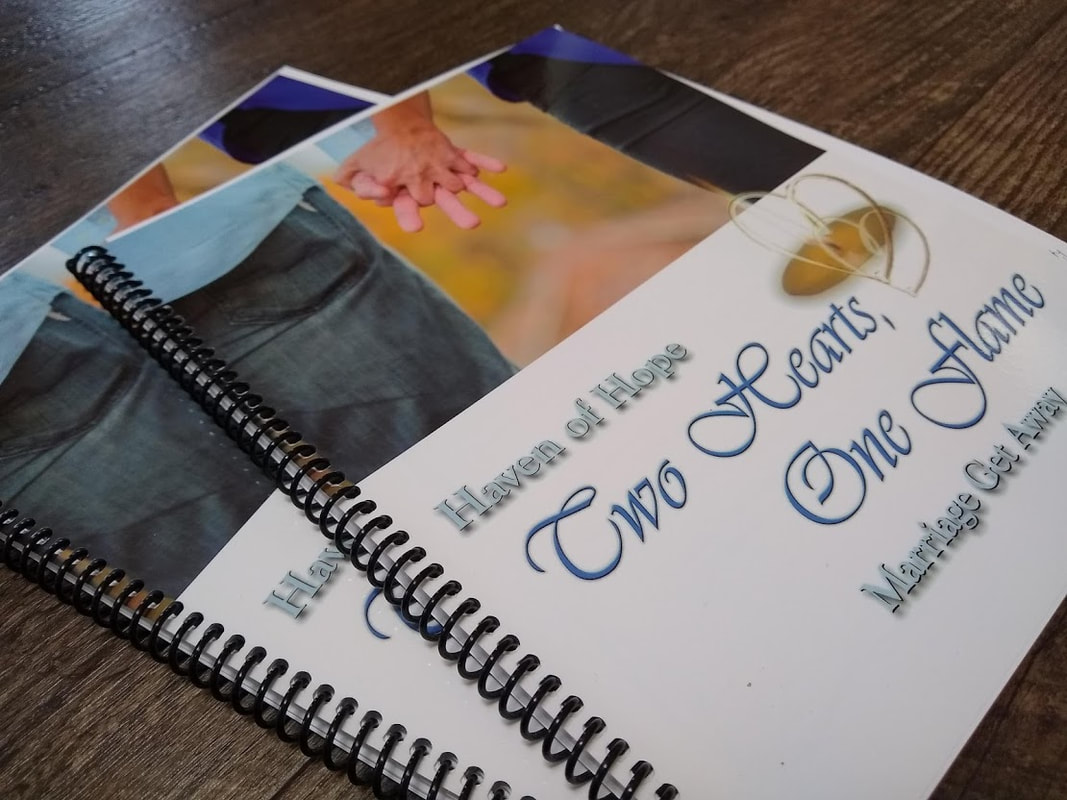
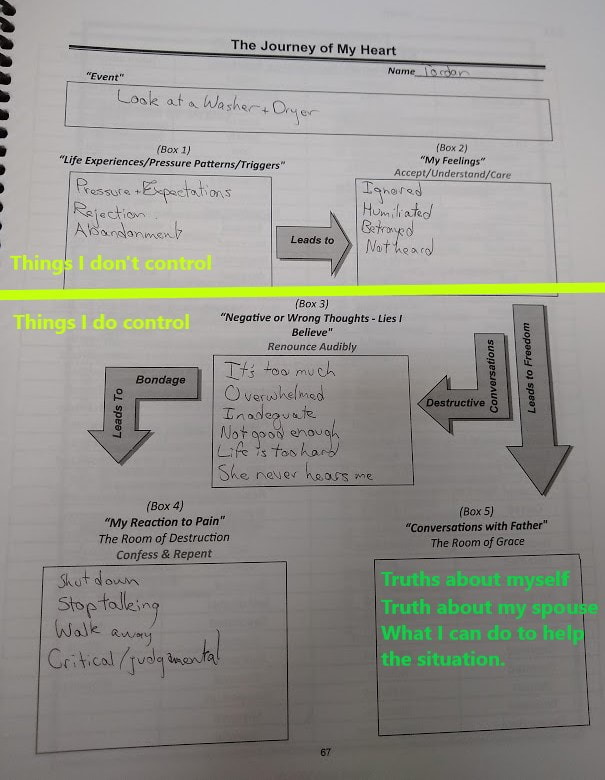
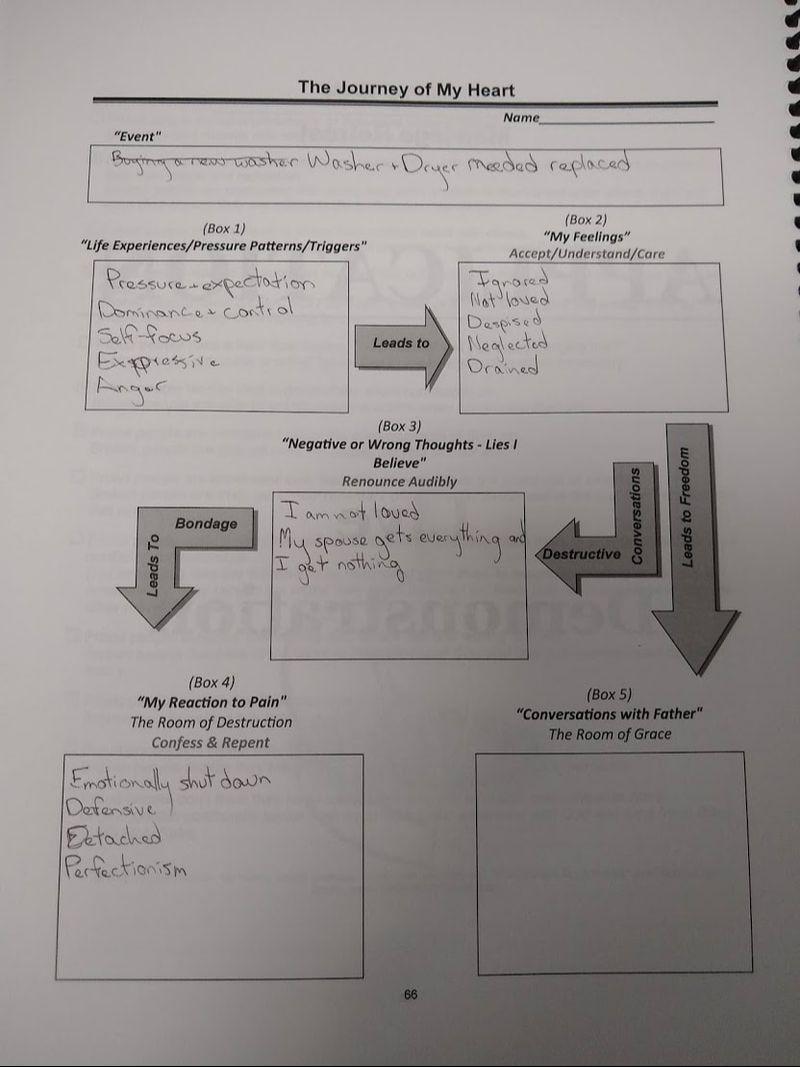
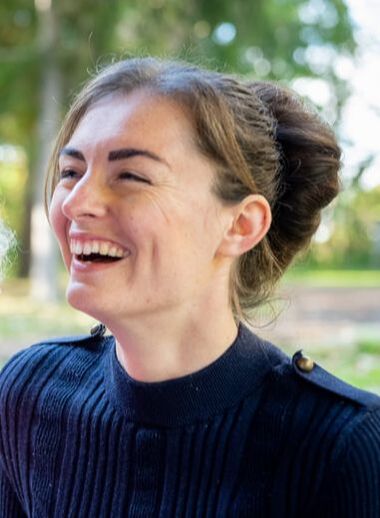


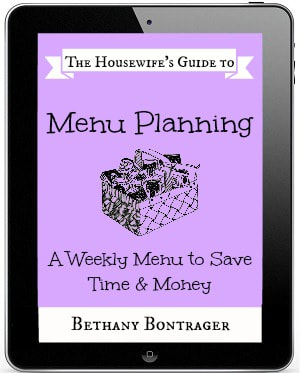
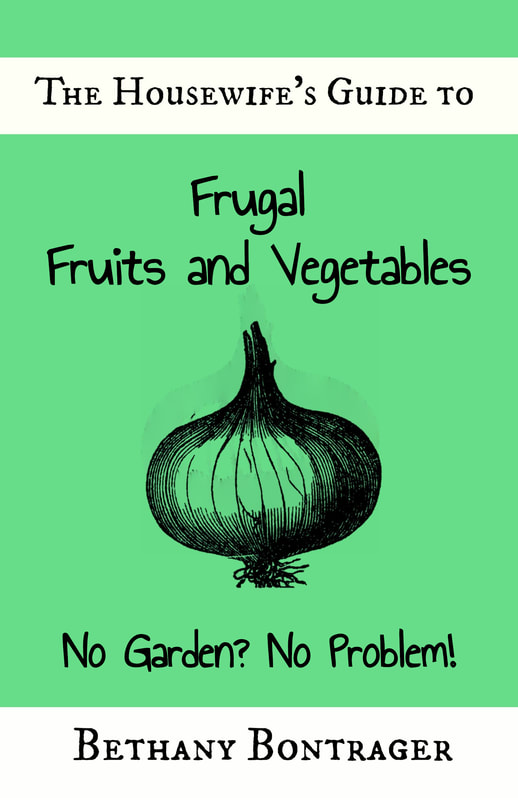
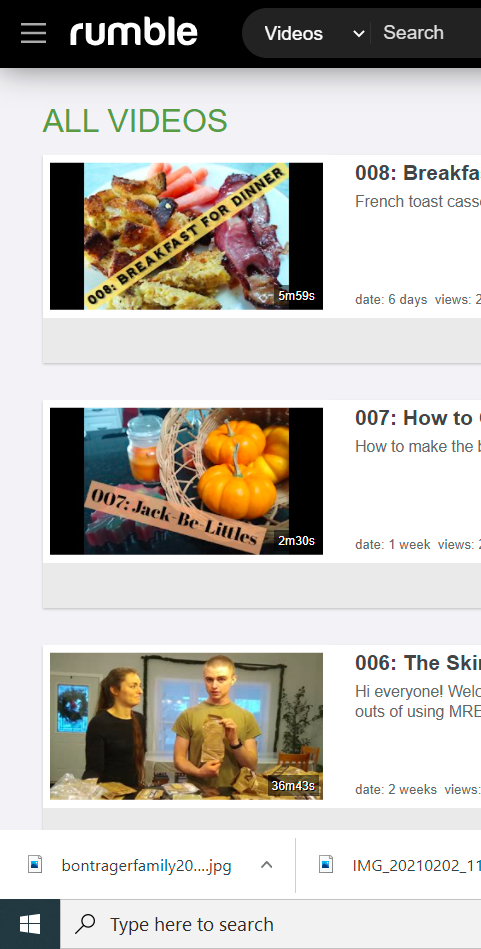
 RSS Feed
RSS Feed


